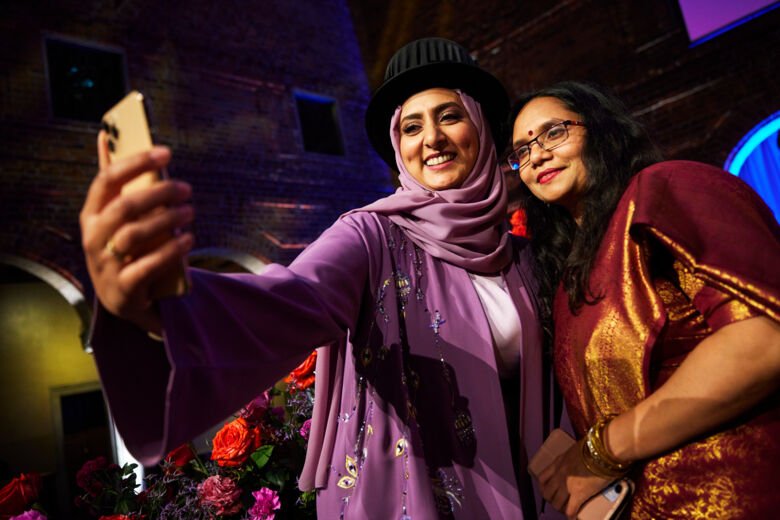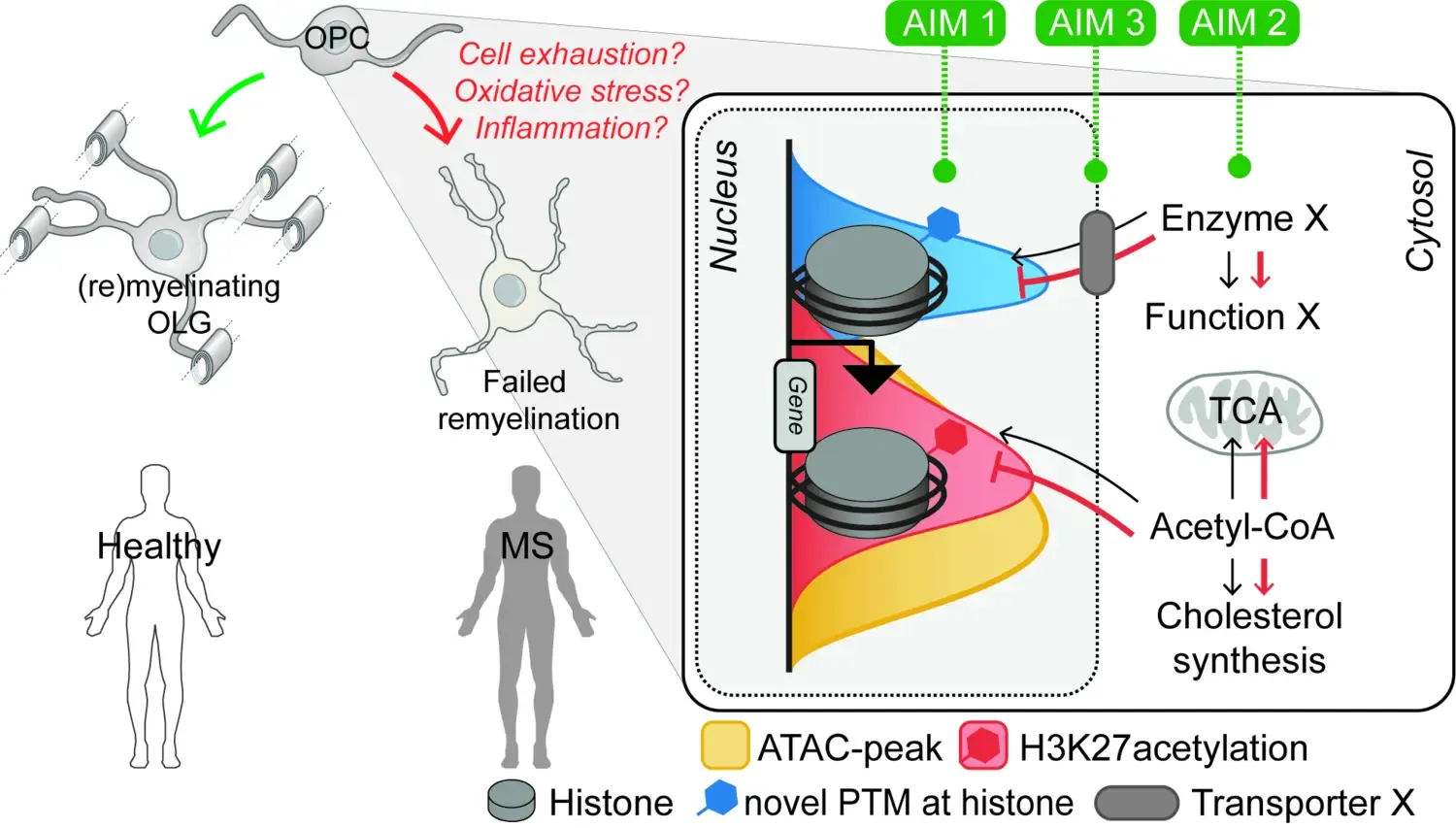Patients with primary immunodeficiency
The group works with two main lines. One line relates to patients with primary immunodeficiency, where we search for underlying mechanisms that can explain increased susceptibility to infection. We start with a thorough clinical and immunological investigation and often continue with whole genome sequencing. Sometimes we find a genetic cause for the patient's problem. With this knowledge, we can recreate the mutation in various experimental systems, e.g. cells or zebrafish, which can then be infected with the same microbe that made the patient sick. This methodology allows us to study human diseases in detail and learn more that can form the basis for new diagnostics, treatment or prevention. We have extensive and close collaboration with other research groups at KI and abroad in this field, which is important for gaining access to the newest technologies.
Increase the endogenous immune system
The second line of research is based on knowledge of natural immunity and antimicrobial peptides (AMP), which we have now studied for more than 20 years. We are developing a new concept for treating infections, so-called "Host Directed Therapy". The concept is about not only attacking the bacteria with antibiotic drugs, but also increasing the endogenous immune system. We have specifically targeted AMPs, which are small peptides that are formed in the body's mucous membranes and by immune cells. AMPs kill bacteria and viruses directly but also by activating and recruiting various immune cells to the site of an infection (chemotaxis). We have discovered that vitamin D and Phenylbutyrate (PBA), together greatly increase the production of AMPs and contribute to better killing of mycobacteria in macrophages. Our goal is to identify new and more potent substances to increase the production of AMPs and how the expression of AMPs is regulated under normal conditions but also how to boost or block these systems with various drugs.
The overaching goal is to develop "Host Directed Therapy" as a new treatment against infections by experimental studies in the laboratory but also through clinical trials on patients with infectious diseases.
Ongoing projects
These projects are ongoing in close collaboration with several other research groups at KI.
- Genetic vulnerability in severe Covid-19 infection (the COVPID study)
- Vaccine response in immunosuppressed patients (COVAXID trial)
- Covid-19 in patients with primary immunodeficiency – a national registry study (PIDREG study)
- Regulation and activation of antimicrobial peptides in tuberculosis and infections caused by atypical mycobacteria.
- Post-translational modification of AMP as a new regulatory mechanism in inflammatory skin diseases
- Activation of AMP as a new infection treatment, so-called "Host Directed Therapy"
- Chronic stress and the immune system - experimental and clinical studies
- Vitamin D and respiratory tract infections – experimental and clinical studies.
- Vitamin D and immunity in cancer patients in palliative care.
Teaching assignments
We regularly teach at the Medical Program, the Dental Program, the BMA program and several other programs at KI as well as in various postgraduate courses, mainly in microbiology, immunology and infection biology.
Our research in the media
Primary Immunodeficiency and Covid-19
Peter Bergman is interviewed by Malou on TV4 about severe Covid-19 in a previously healthy person (the project is presented):
Part 1 (October 2020)
https://www.youtube.com/watch?v=giMVtSIPqy8
Peter Bergman follows up and explains with the genetic investigation found in the patient.
Part 2 (March 2021)
https://www.youtube.com/watch?v=KOUhSl_eK5o
Host Directed Therapy
- New research on vitamin D and respiratory infections important for risk groups
- The researchers' breakthrough: The vitamin can give you vital protection. Interview on TV4.
- The research on autophagy, vitamin D/PBA and tuberculosis was recently presented on KI's website.
- Previously, we have shown that patients with immunodeficiency can reduce their infectious burden and antibiotic consumption by vitamin D supplementation. Read article on the KI website here.
- In another project, we have – together with a French group – shown that the antimicrobial peptide CRAMP can protect against type I diabetes in the mouse. Read the article in Immunity.
 Photo: Fredrik Persson.
Photo: Fredrik Persson.Congratulations Rekha and Salma!
On 10 November was a day of celebration, Salma Al Adwani och Rokeya Sultana Rekha received their accolades in Stockholm City Hall’s Blue Hall. CONGRATULATIONS!

